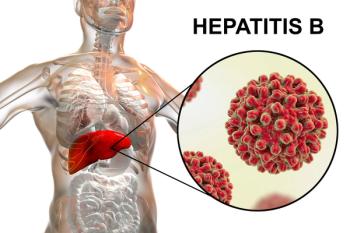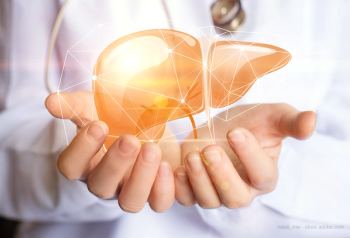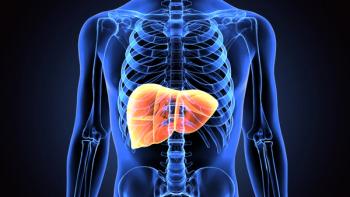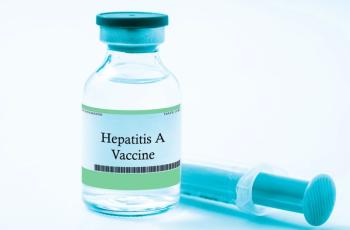
No Association With Alcohol Use, a Sustained Virologic Response in HCV Treatment
The impact of alcohol use on SVR is less certain as some payers and clinicians have different guidelines as far as alcohol abstinence and receiving DAA therapy.
Alcohol use and alcohol use disorder (AUD) were not associated with lower odds of achieving sustained virologic response in treating patients with chronic hepatitis C virus (HCV) with direct-acting antiviral therapy (DAA).
According to researchers of a recent study published in
In the past of HCV treatment, alcohol use and therapy did not coincide. HCV was then treated with interferon-based regimens, and patients with recent alcohol use were often excluded due to concerns about treatment discontinuation.
However, with the emergence of the current and highly effective DAA therapy, the impact of alcohol use on SVR is less certain as some payers and clinicians have different guidelines as far as alcohol abstinence and receiving DAA therapy.
In the cohort study featured in JAMA Network, researchers examined electronic health records from the U.S. Department of Veterans Affairs (VA), the largest integrated national health care system that provides unrestricted access to HCV treatment.
Researchers evaluated the association between alcohol use at DAA treatment initiation and the chances of achieving SVR. The cohort included individuals born between 1945 and 1965 who received DAA therapy between 2014 and 2018.
Among 69,229 adults with HCV, no difference in SVR was observed across alcohol use, even for those with high-risk consumption or alcohol use disorder.
Results revealed a total of 32,290 individuals (46.6%) were abstinent without AUD, 9,192 (13.3%) were abstinent with AUD, 13, 415 (19.4%) had lower-risk consumption, 3,117 (4.5%) had moderate-risk consumption, and 11, 215 (16.2%) had high-risk consumption or AUD.
Considering these results, the study highlights the VA healthcare system's comprehensive electronic health records that allowed for a detailed examination of a diverse study. With the VA's success in diagnosing and treating HCV, treating nearly 85% of patients, the findings gain further significance.
However, it is important to note the study’s limitations. First, the electronic health records could lead to underreporting of alcohol use due to social bias. In addition, the study focused on patients born between 1945 and 1965, limiting data representing other age groups.
Despite strengths or weaknesses represented in the study, researchers urge clinicians and payers to reconsider their restrictive guidelines for a more inclusive approach to DAA therapy and challenge outdated beliefs of tying alcohol use to treatment access.
By removing this barrier, the industry can move closer to eliminate HCV and improve outcomes for those individuals living with the virus.
Newsletter
Get the latest industry news, event updates, and more from Managed healthcare Executive.























